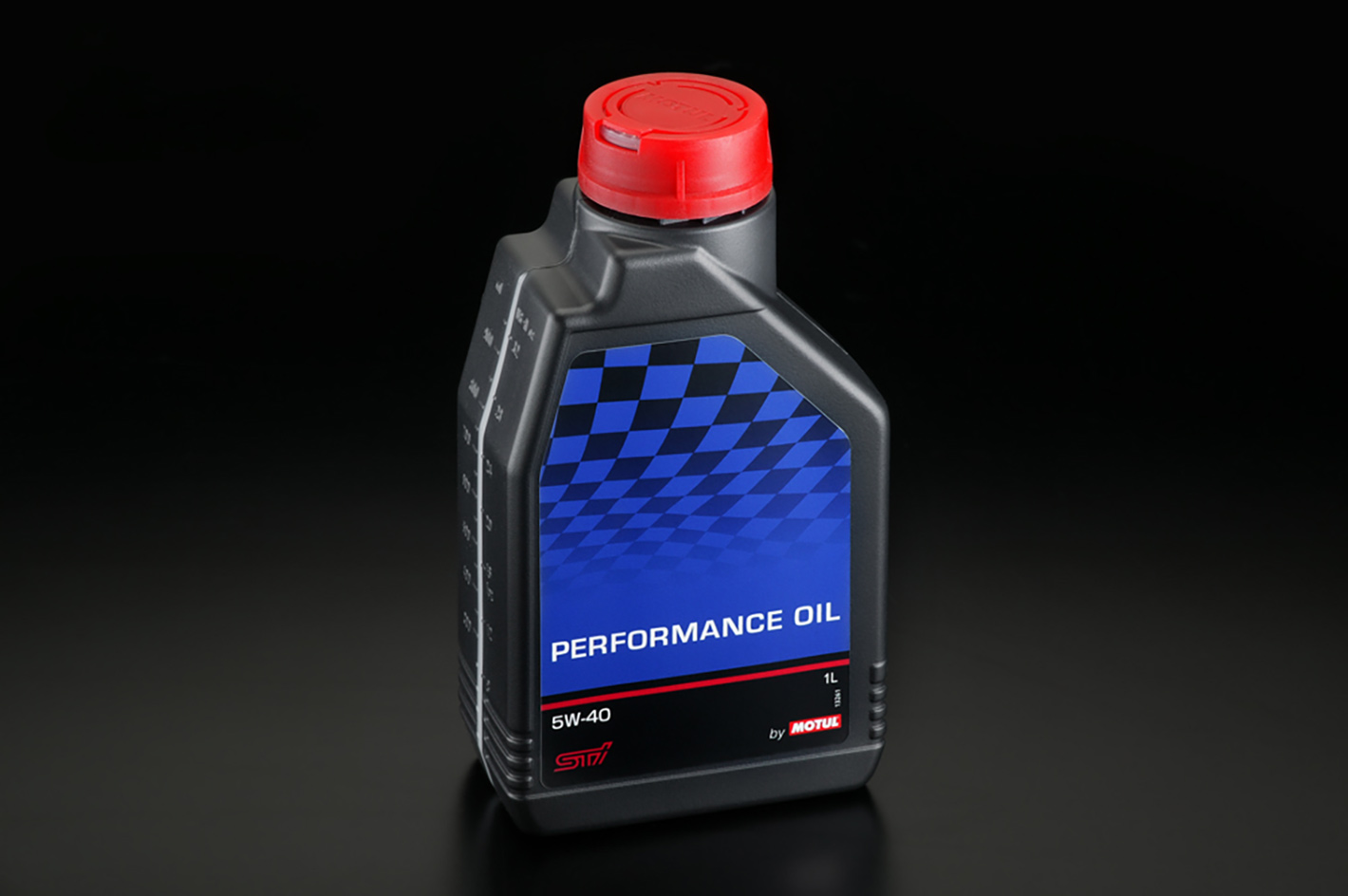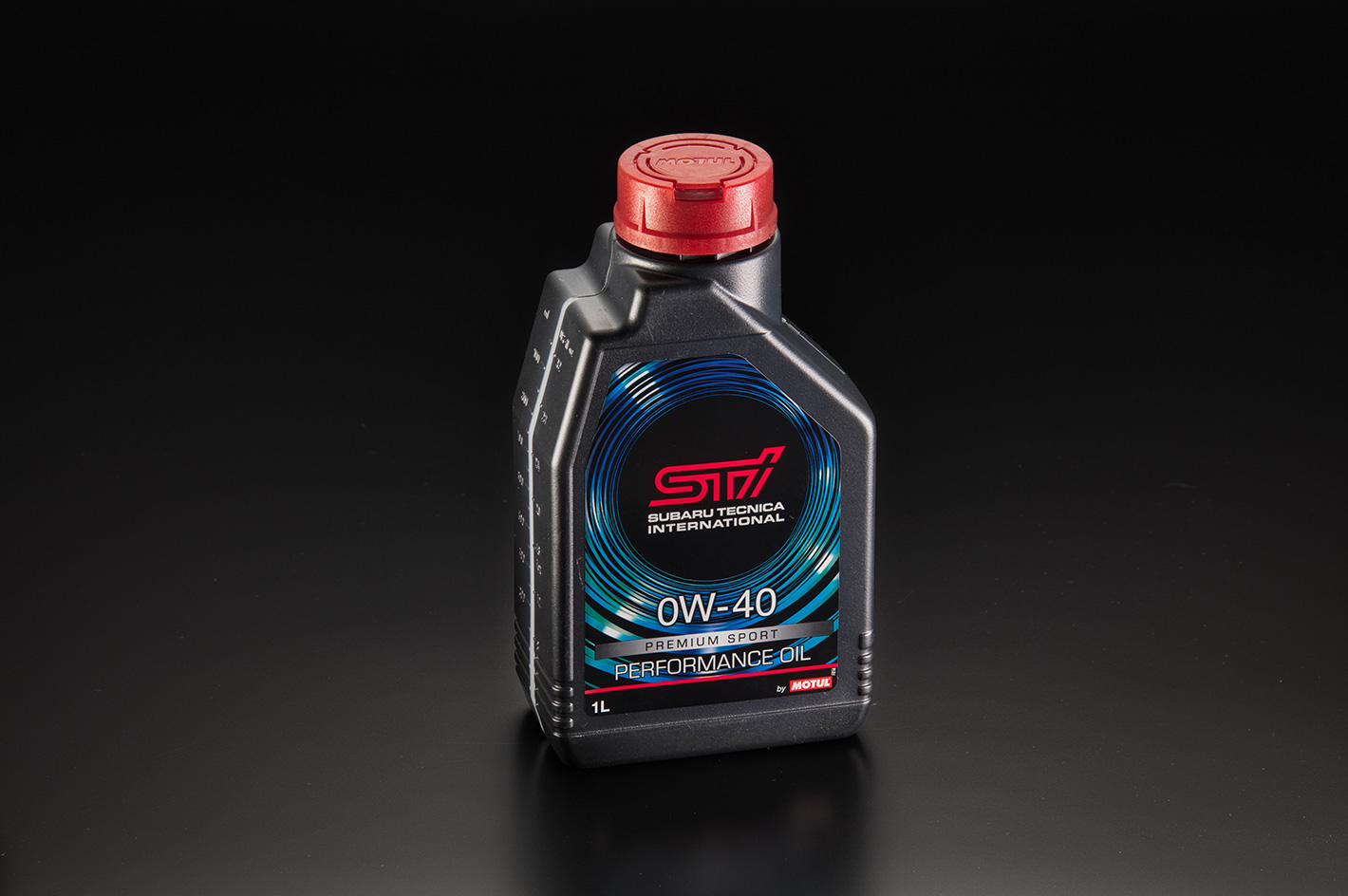Not "bad" but not "as good".
0w oils are nothing more than to keep the EPA whiners happy. Their protection and durability is absolutely without any doubt inferior to an oil with a 5w or 10w rating. I literally manufacture, sell , and test the viscosity modifiers that are used to make those oils change their cold ratings. I can tell you the less of them in your oil, the better. For a prius or little civic that just puts along... Sure whatever, they offer versatility in all weather and good fuel economy. For a high revving application that sees high temps and gets driven "spiritedly" you are doing your vehicle a disservice. Owners manuals are not bibles, and most people think engineers know more than they do, or that they actually try every oil weight under the sun. They dont. Subaru uses 2 weights of oil. Therefore everything they build will get 1 of the 2. Not because its the best, or even good, but because its what they have and what the EPA likes.







